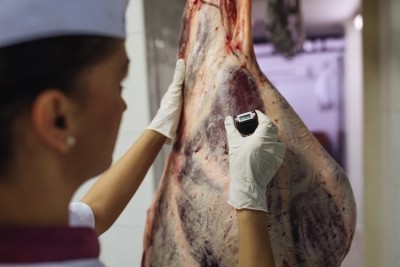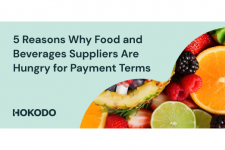UKWA urges post-Brexit import inspection change

UK Warehousing Association (UKWA) chief executive Peter Ward said the current system of food inspections being conducted within the port boundary would be impractical after Brexit.
“For example, 44% of what the nation eats enters the UK at Dover from the EU. This is the equivalent of 1,000 trucks per day through the port on ferries and the tunnel,” Ward told the BBC’s Ten O’Clock News programme.
“Inspecting this food in a manner consistent with rest of world [World Trade Organization] rules from March 2019 is going to present a major challenge.”
Temperature-controlled vehicles
One challenge Ward presented was the Port of Dover’s lack of plug-in points to power temperature-controlled vehicles. To ensure food keeps cool, drivers would have to keep their engines running, adding cost and impacting the environment.
The lack of inspection facilities at roll-on, roll-off ports such as Dover would also result in “unprecedented delays and, after Brexit, there will simply not be sufficient capacity nor the infrastructure to cope, so an interruption in food supply chains seems inevitable”, he said.
Allowing food inspections to be carried out at inland storage facilities would allow existing storage premises to be adapted to accommodate inspection regimes and deliver the necessary extra capacity more quickly, the UKWA boss argued.
The huge volumes involved
However, given the huge volumes involved, any new inland food inspection facilities would have to be located close to both power supply and a sustainable labour pool, which could trigger other concerns.
Ward added: “The question is how resistance of local residents to large warehousing and distribution developments will be balanced against the need to ensure the nation continues to be fed.”
The UKWA said it would continue to consult with the Government over these issues, as well as providing feedback from its members.
Meanwhile, trade bodies and unions have slammed a series of Government technical notices designed to prepare the UK for a potential no-deal Brexit.




















